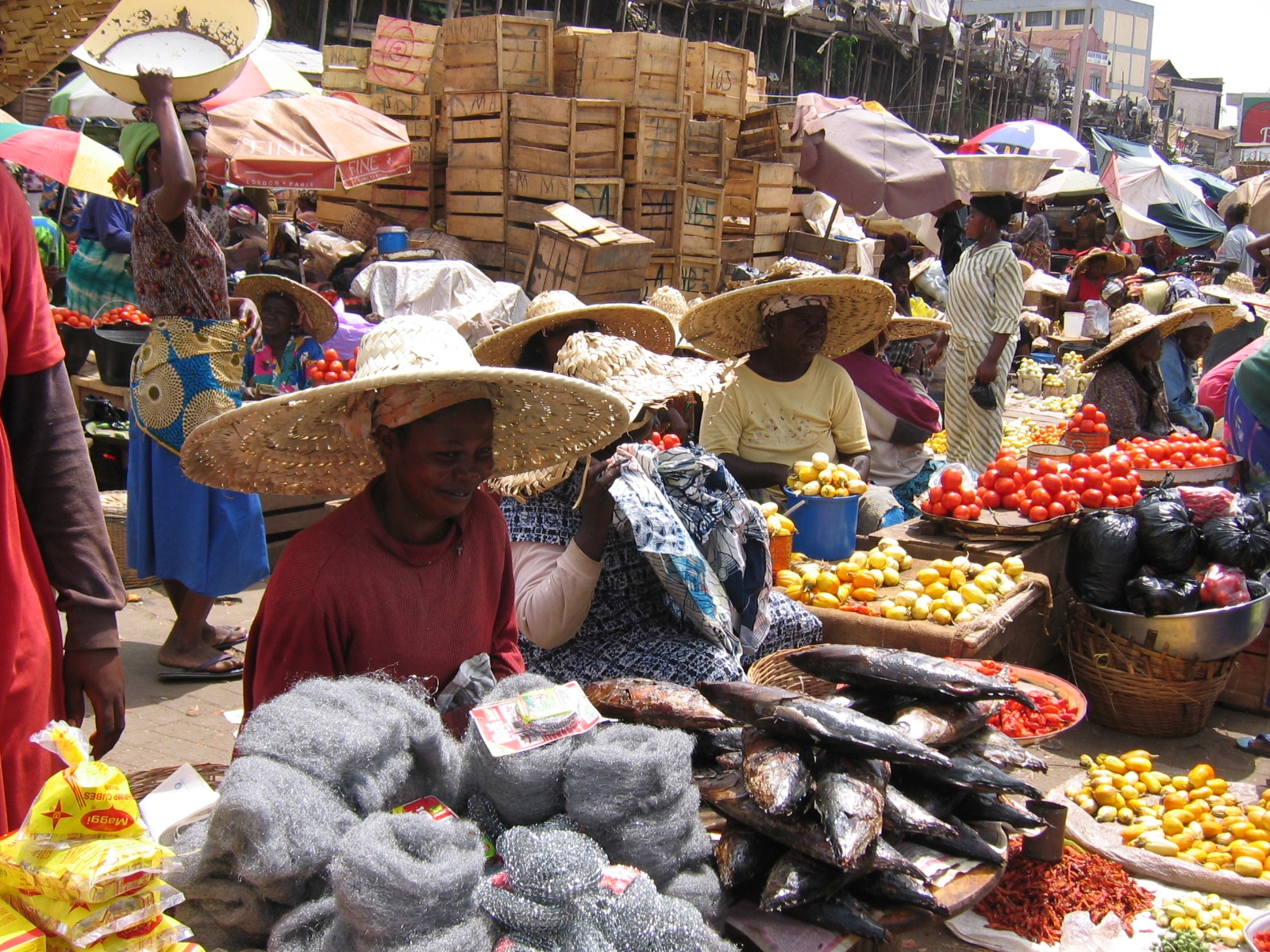
Professor Newman Kwadwo Kusi, Executive Director of the Institute of Fiscal Studies, has said the soaring income inequality gap in Africa comes as a result of political leadership’s failure to curb the problem. He said this at the “New Economic Thinking Lecture for Bridging the Rising Income Inequality Gap in Africa” which was held at Accra.
Prof. Kusi cited a number of reasons as among the causes of income inequality; however, he blames lack of political will as the problems’ predominant cause.
“Failure of political leadership is at the heart of the problem. Inappropriate policies and strategies — in particular liberalisation and deregulation policies — which created an unequal playing field and unequal access to economic and social opportunities.
“Socio-economic policy decisions influenced by bad governance and globalization; economic growth with little or no trickle-down effect — not creating jobs or reducing poverty, making the large majority of Africans to be disconnected from economic growth in their countries. Structural changes in economies with negative social benefits are all among the causes of income inequalities,” he said.
He opined that any new economic rethinking for bridging the rising inequality gaps in Africa should focus on addressing the challenges of development.
“Development is about people and the transformation of society. It is about the movement from “traditional’ ways to ‘modern” ways. It is about moving from a state of poverty to sustainable livelihood. The challenge of development is to improve the quality of life. The goal is to eradicate poverty.” he said.
From this we can deduce five key dimensions of development: First, development requires high and sustainable economic growth. Second, development implies high and equitable distribution of income.
This also means that that there must be greater participation of the poor in the growth process and sharing in benefits of the growth to reduce inequality, including income inequality.
Third, development implies sustainable livelihood, i.e. the ability and resources to support creation of acceptable levels of living. Creating or securing well-paid employment is one way of achieving this objective.
Fourth, for development to take place there must be a stable and sustainable environment. Development has close links with the environment, and sustained development can be threatened by environmental degradation. Sustainable development also requires peace.
Finally, there must be strong institutional capacity. Institutions promote competition and good governance as well as the distribution of income, he said.
Prof. Kusi is of the view that in bridging the inequality gap, one needs to take note of the fact income inequality — on which economic thinking and analysis of inequality so often concentrates — gives an inadequate and biased view of inequality in societies.
“We therefore have to pay much more attention than we conventionally do to the broader issue of economic inequality, which encompasses inequalities of income and wealth. The point is that income is entirely a means to other ends, and also that it is one means among others. A more inclusive list will comprise rights, liberties and opportunities, income and wealth, and the social basis of self-respect,” he said.
He then went on to discuss the role of government in ensuring that this becomes a reality.
“In this framework, government actions must not only address the serious imperfections in the market place, they must also facilitate the transformation of society, identify the barriers to and potential catalysts for change. What matters is not only what policies might foster faster growth, but also how the political process might produce those policy changes. Political liberties and competent, pragmatic and flexible state interventions therefore become very essential in the change process,” he added.
According to Prof. Kusi, the new thinking for reducing income inequality gaps in Africa should thus focus on two things: growth, and empowering the poor to participate and equally benefit in that growth.
In concluding his lecture, the professor said closing the growing income inequality gap in Africa is long overdue. The new economic thinking for achieving this objective should however focus on the broader issue of development, i.e. the transformation of the people and society, and not just on income inequality.
Source; BFT


